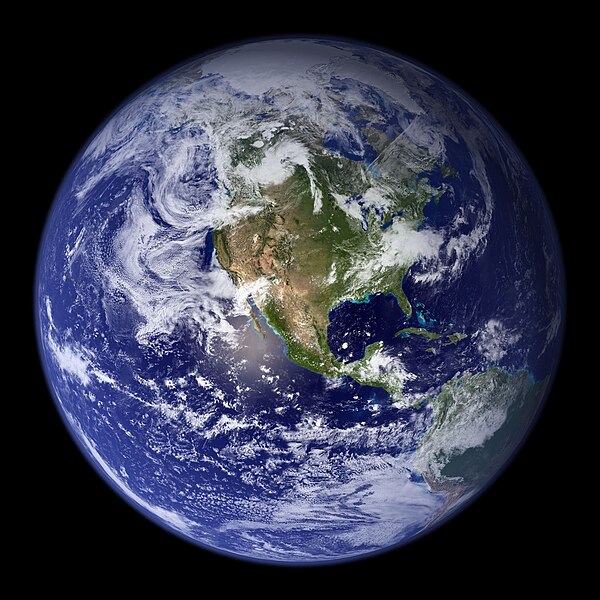 Those who know me know that I like public transportation. The American Public Transportation Association describes numerous benefits for individuals, companies, communities and the environment. Public transportation allows me to:
Those who know me know that I like public transportation. The American Public Transportation Association describes numerous benefits for individuals, companies, communities and the environment. Public transportation allows me to:- read more than I would ever have a chance to.
- avoid the frustration of dealing with rush hour traffic.
- save money on gas and car repairs.
One of the greatest challenges people talk to me about is understanding their local public trans system. Where do the busses go? How long will it take? How do I know which train to get on? Fear no more. Google has developed a system to take the anxiety out of riding. Based on the idea of Google maps, Google transit shows you exactly how to use transit to get from place to place. It includes walking times (if necessary), and bus and rail schedules. Check out this example in San Francisco.
Only a few months ago, Google had included a handful of cities. There are now more than 30 cities in the US and around the globe. As a full disclaimer, I haven't actually tried this yet since Atlanta is not yet included. I do, however, use public transportation regularly, and I utilize Google maps and train/bus schedules to manually do what Google transit does automatically. Have any of you used it yet?
And for you die-hard drivers: there's no need to sell your car... yet. Try transit and see how you like it. In fact, I still own a car because I tutor in various places throughout the city, and some students would be impossible to reach without a car. Regardless, try riding to the store or a local restaurant. One step at a time...








